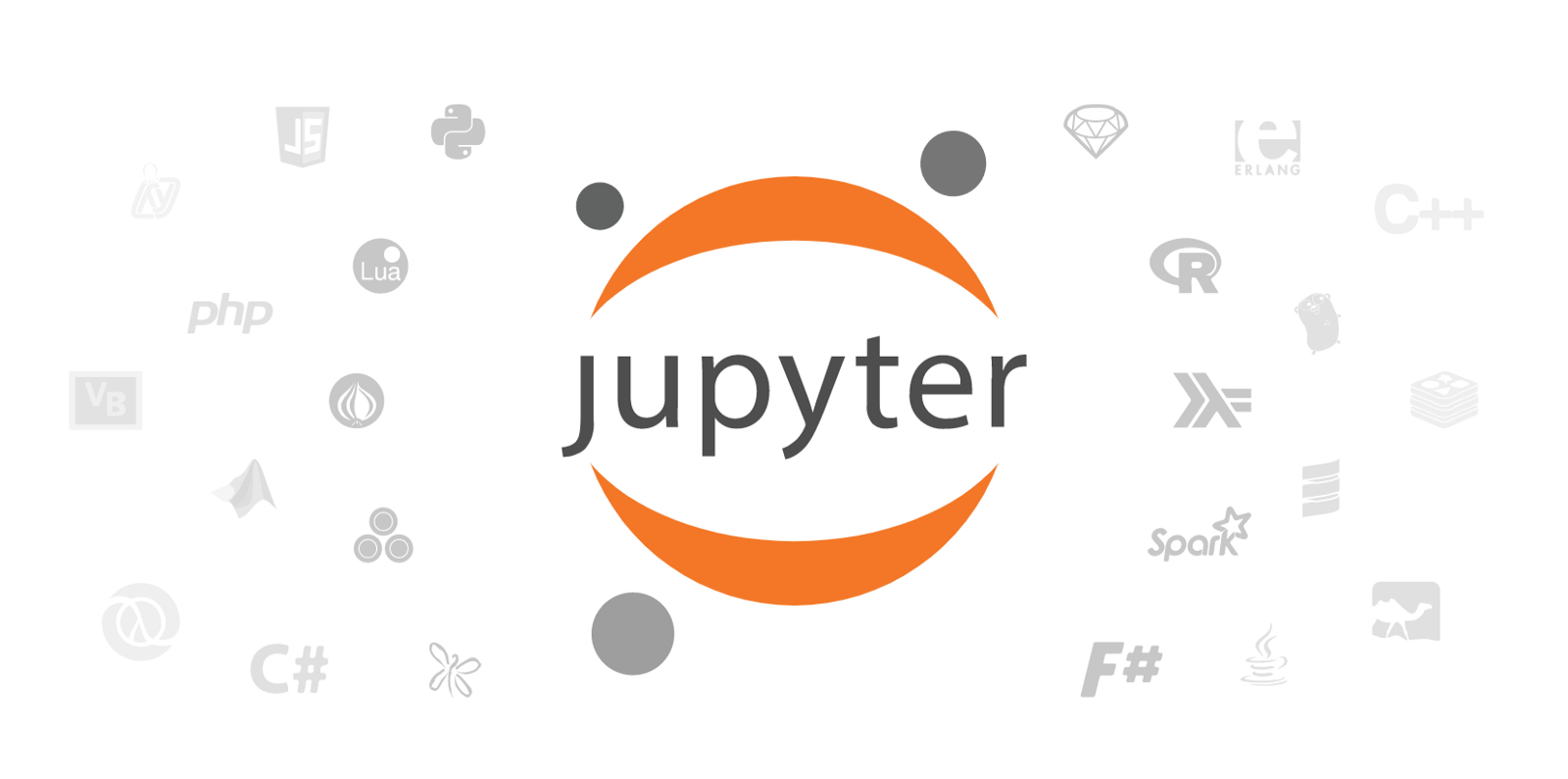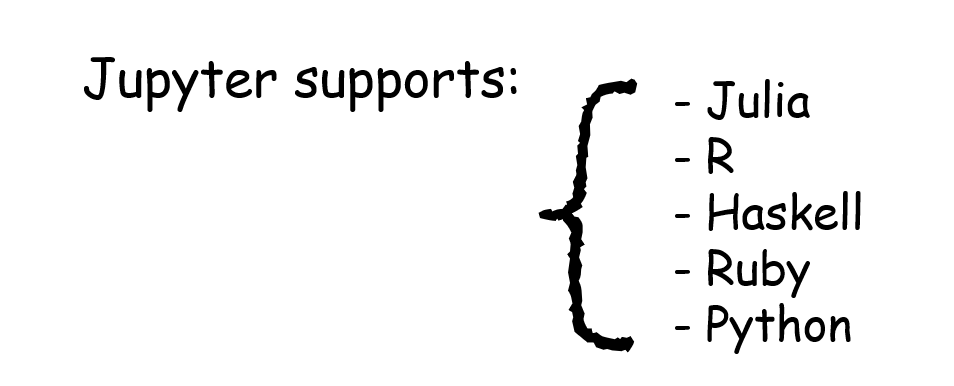Jupyter Or Julia?
by Gao Ruipeng
23 Feb 2019
Introduction to Jupyter

Project Jupyter is a nonprofit organisation created to develop open-source software, open-standards, and services for interactive computing across dozens of programming languages. Users are able to code and share their work on this platform for free~
The history behind this fascinating notebook…
In 2014, Fernando Pérez (software developer/ free software advocate) created something called “IPython”, and later he announced a spin-off project from IPython called Project Jupyter. At the same time, IPython did not disappear, instead, it continued to exist as a Python shell and a kernel for Jupyter.

An important concept: Open-source Software
It is a type of computer software in which source code is released under a license in which the copyright holder grants users the rights to study, change, and distribute the software to anyone and for any purpose. And according to Jupyter website:
Jupyter will always be 100% open-source software, free for all to use and released under the liberal terms of the modified BSD license.
How to access Jupyter ???
There are 3 ways to access Jupyter Notebook :
- Directly through your browser
- Microsoft Azure Notebook
- Install Jupyter on your laptop
How to contribute ???
You can contribute by checking out the Jupyter Contributing guide. This contains information about the different projects in the Jupyter ecosystem.
Is Jupyter and Julia related?
Jupyter is a platform for users to write and share their codes, while Julia is actually a high-level general-purpose dynamic programming language, it is supported on the Jupyter notebook.
Then, what is Julia?
Julia is designed to address the needs of high-performance numerical analysis and computational science. Started in 2009, Jeff Bezanson, Stefan Karpinski, Viral B. Shah, and Alan Edelman created a free language that was both high-level and fast. In 2012, the team launched a website with a blog post explaining the language’s mission. Karpinski said of the name “Julia”:
There’s no good reason, really. It just seemed like a pretty name.
Julia has attracted some high-profile clients, e.g. from investment manager BlackRock to the British insurer Aviva.
-In August 2018, the number of downloads had reached 2,000,000.-